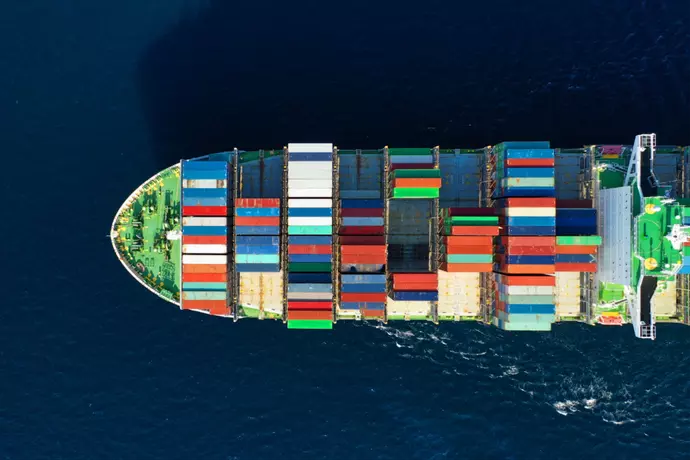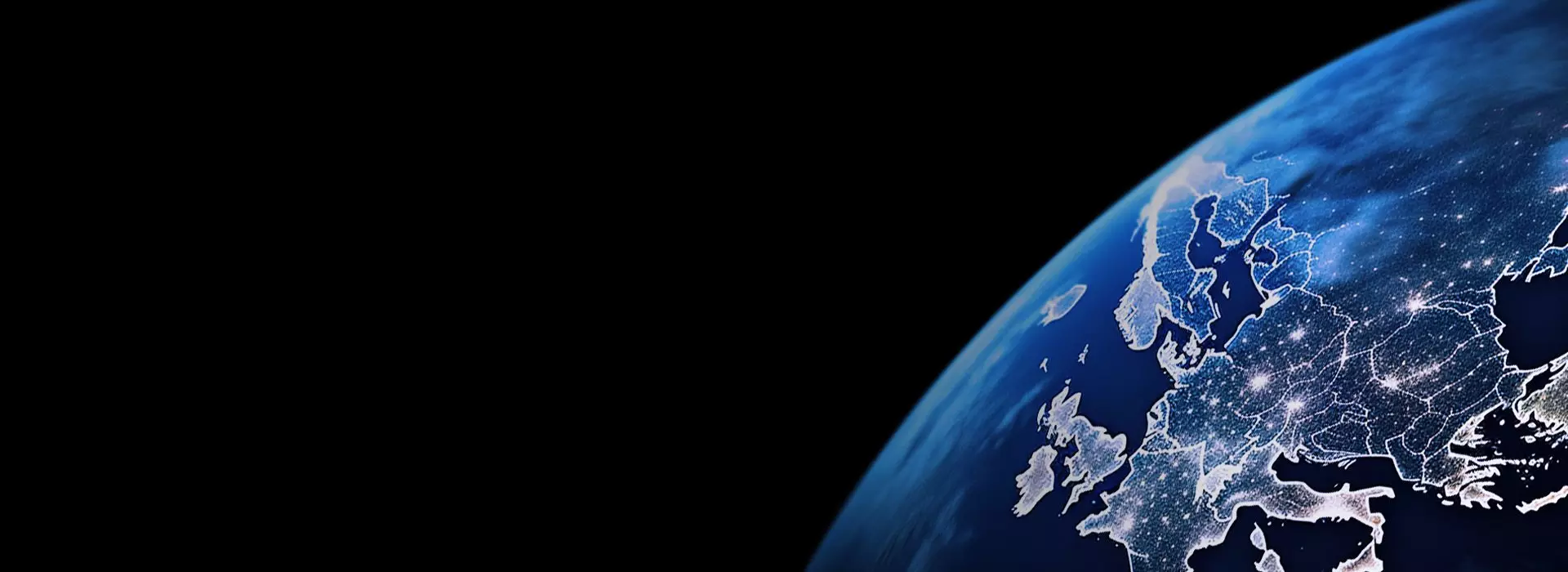
Vision and strategy
Our philosophy of efficient, compact, and precise innovation goes beyond technology. It encompasses our aspiration to use our technology to help overcome global environmental problems and other societal issues, to enrich people's lives and to make a better world. Our Environmental Vision sets out our commitment to becoming carbon-negative and underground resource-free by 2050.

Epson 2025 Renewed Environmental Vision
To achieve the goals set out in our Environmental Vision 2050, we set 2025 mid-term target milestones using the back casting process – a planning technique where we envisioned our desired 2050 outcome and identified scenarios required to reach that outcome.
In 2021, recognising that the external environment in which we operate was evolving, we revised this corporate vision, naming it Epson 2025 Renewed.
As part of Epson 2025 Renewed, we set aside JP¥100 billion (€770 million) over 10 years with a focus on decarbonisation, resource recycling, and an accelerated programme to develop environmental technologies.

Environmental Vision 2050
Our global Environmental Vision 2050 was established in 2008 and sets our environmental goals out to the year 2050. We aim to become carbon neutral – moving to greenhouse gas-free manufacturing and then removing even more carbon. This includes the utilisation of renewable electricity, reduction of the energy consumption of equipment and facilities, greenhouse gas removal, and carbon-free logistics. Initially, we will minimise our energy use associated with production and products, and switch to renewable electricity sources.
We also aim to reduce our customers’ greenhouse gas emissions by providing products that have a smaller environmental footprint and by moving to carbon-free logistics. In addition, Epson will start investigating/developing technologies and practical applications to remove and capture greenhouse gases from the atmosphere – for example by storing carbon in biomaterials and using them semi-permanently in various applications.
We will dramatically change the way we use the world’s natural capital. We will become underground resource free by 2050. Instead, we will utilise recycled metals, plastics, and other previously mined minerals as above-ground resources, along with renewable energy sources such as solar, wind, water, geothermal heat, wood, and biomass resources.
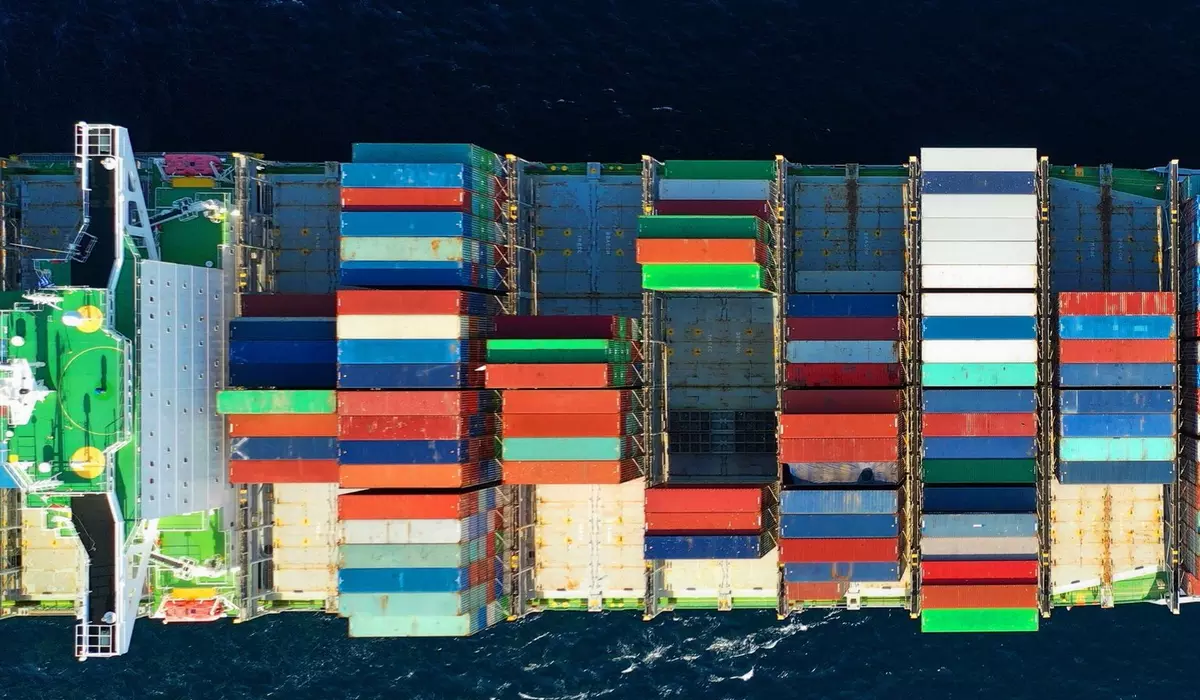
Reducing our emissions
We have pledged to reduce the total emissions of our products and services by 2030 in line with the 1.5°C scenario. We will achieve this through reducing the environmental impacts of our products and services, and in our supply chains.
Certifications and Recognitions
Highlights include:
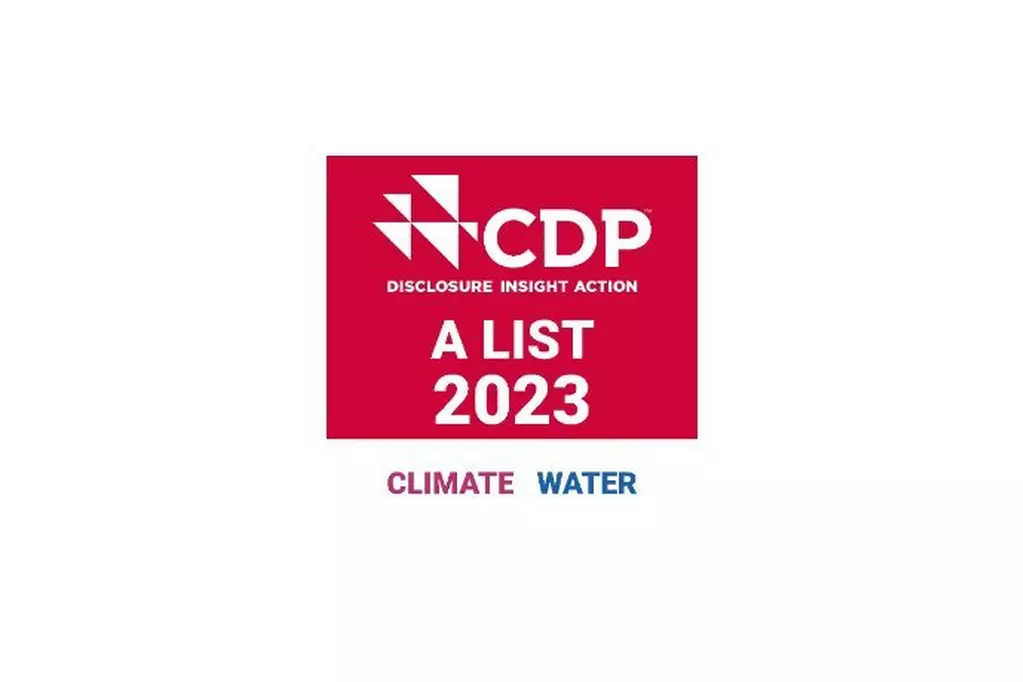
CDP A List
For the third consecutive year, Epson has been placed on the prestigious A List for leadership in tackling climate change by the international, environmental non-profit CDP.
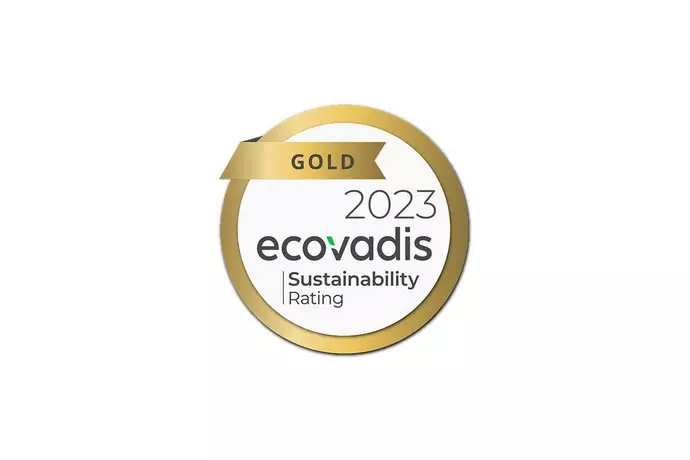
EcoVadis
Epson has been awarded a Gold rating for overall sustainability by EcoVadis. Seiko Epson Corporation (Group) is in the top 1% of companies rated by EcoVadis in the manufacture of computers and peripheral equipment industry.
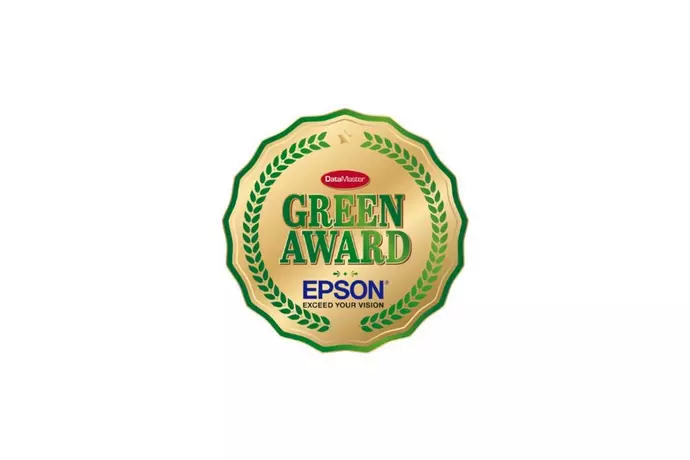
DataMaster
DataMaster is an independent European laboratory and expert in professional document imaging solutions. Epson won the 2022 DataMaster Lab GREEN Award in recognition of the environmental benefits afforded by our Heat-Free PrecisionCore inkjet printers. It also considers the sustainability measures we employ as part of their development, production, and distribution.
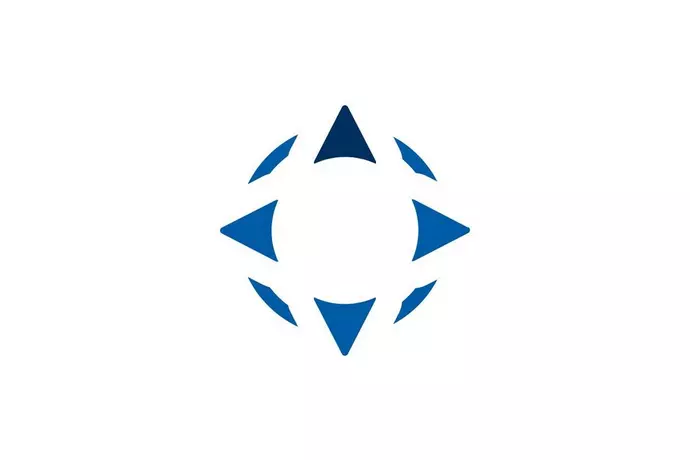
RBA
Epson is a member of the Responsible Business Alliance (RBA). Our factories in Indonesia, Malaysia and the Philippines have achieved platinum status, the highest level of recognition for corporate social responsibility.
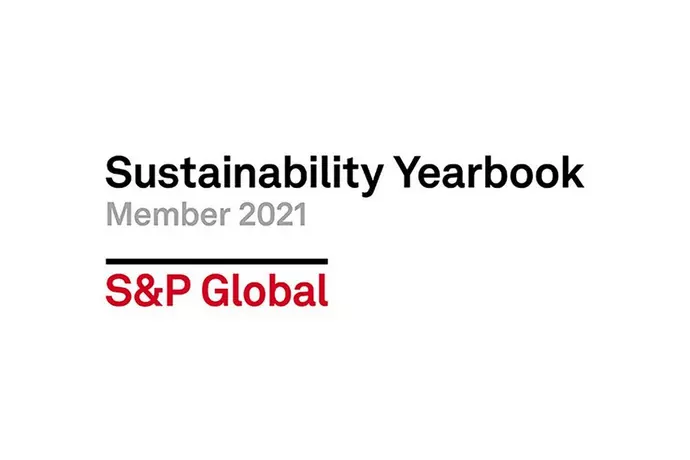
S&P Global Sustainability Yearbook 2021
Seiko Epson qualified for inclusion in the S&P Global Sustainability Yearbook 2021, achieving a score on the S&P Global Corporate Sustainability Assessment that put us in the top 15% in our industry (computers, peripherals and office electronics). Of the 64 companies assessed in the industry, only nine earned membership.
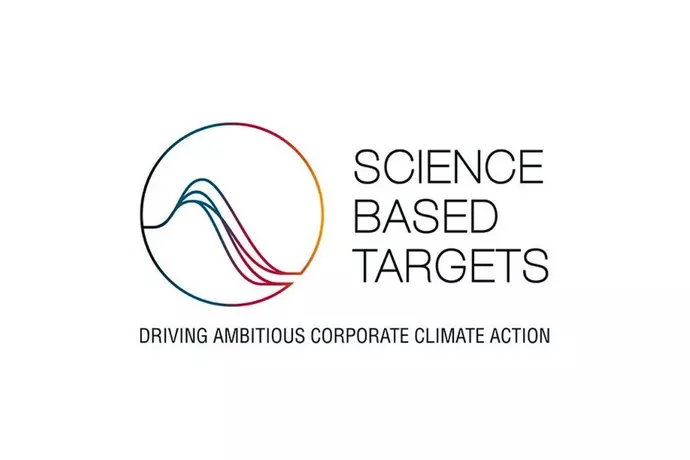
Science Based Targets
The Science Based Targets initiative (SBTi) has recognised and approved Epson’s global GHG reduction targets as being science-based and in line with keeping a global temperature rise this century to 1.5°C – a central aim of the Paris Agreement.
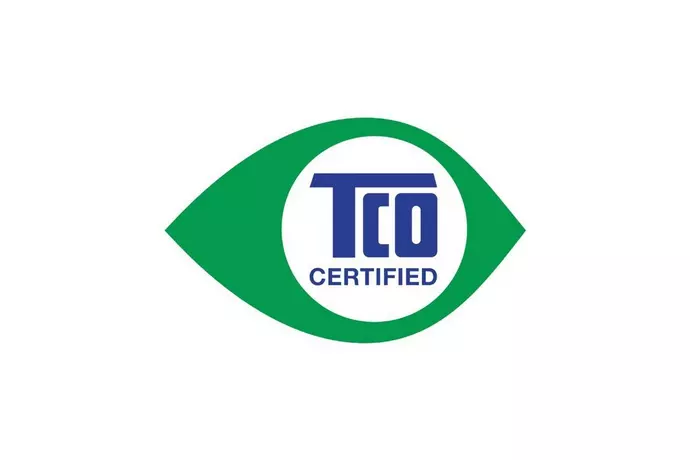
Type 1 ecolabel, in accordance with ISO 14024
Epson works to comply with the labelling requirements in major global countries. We particularly value the Type 1 ecolabel, which indicates products have met the sustainability criteria set by a certified third-party organisation. In Europe, the majority of our projectors are TCO certified, and business inkjet printers are Blue Angel certified.
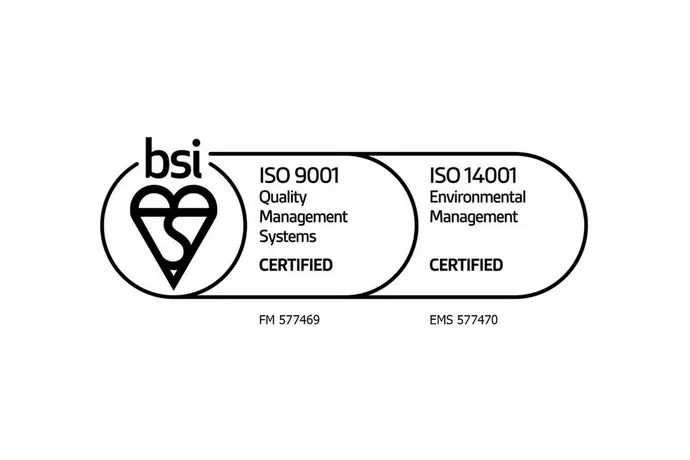
ISO 9001 and 14001 standards
Epson is a member of the Responsible Business Alliance (RBA) – an international coalition that promotes CSR in global supply chains. We have adopted the RBA’s code of conduct and methodologies into our management practices. Our factory in Shenzhen, China, has achieved platinum status for industry-leading levels of corporate social responsibility.
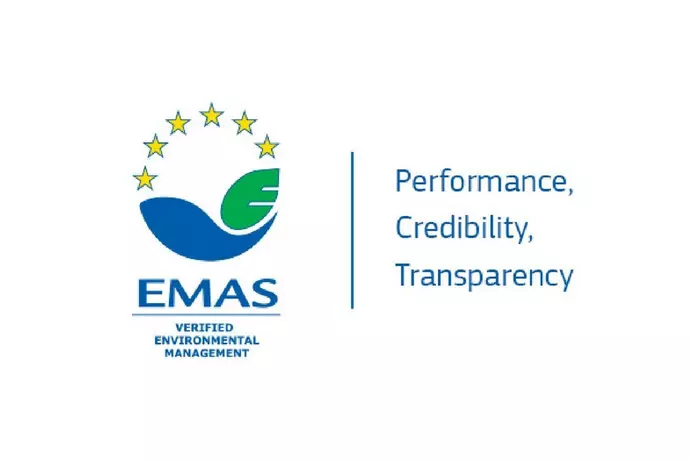
EMAS
The EU Eco-Management and Audit Scheme (EMAS) is developed by the European Commission for organisations to evaluate, report and improve their environmental performance. Our Epson Spain office is EMAS certified.
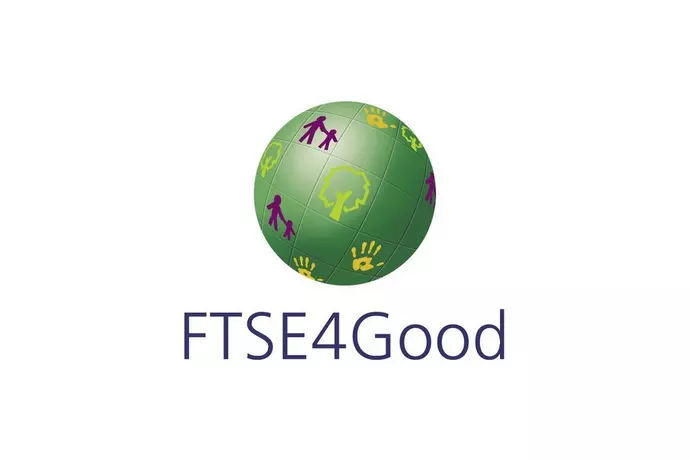
FTSE4Good Index Series
For the 19th year, Epson has been included in the FTSE4Good Index Series, which measures the performance of companies that demonstrate strong environmental, social and governance (ESG) practices. Selection for this index indicates that we have been independently appraised for our efforts towards the environment and in solving societal issues, and have been recognised as a sustainable company.
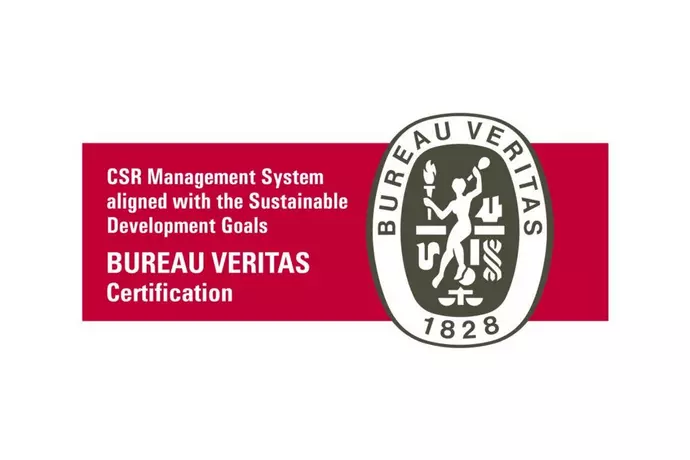
Bureau Veritas certification
We are the first technology company to gain an international certification for the alignment of our CSR management systems to the UN Sustainable Development Goals (SDGs). This is validated by the leading global certification organisation, Bureau Veritas.


